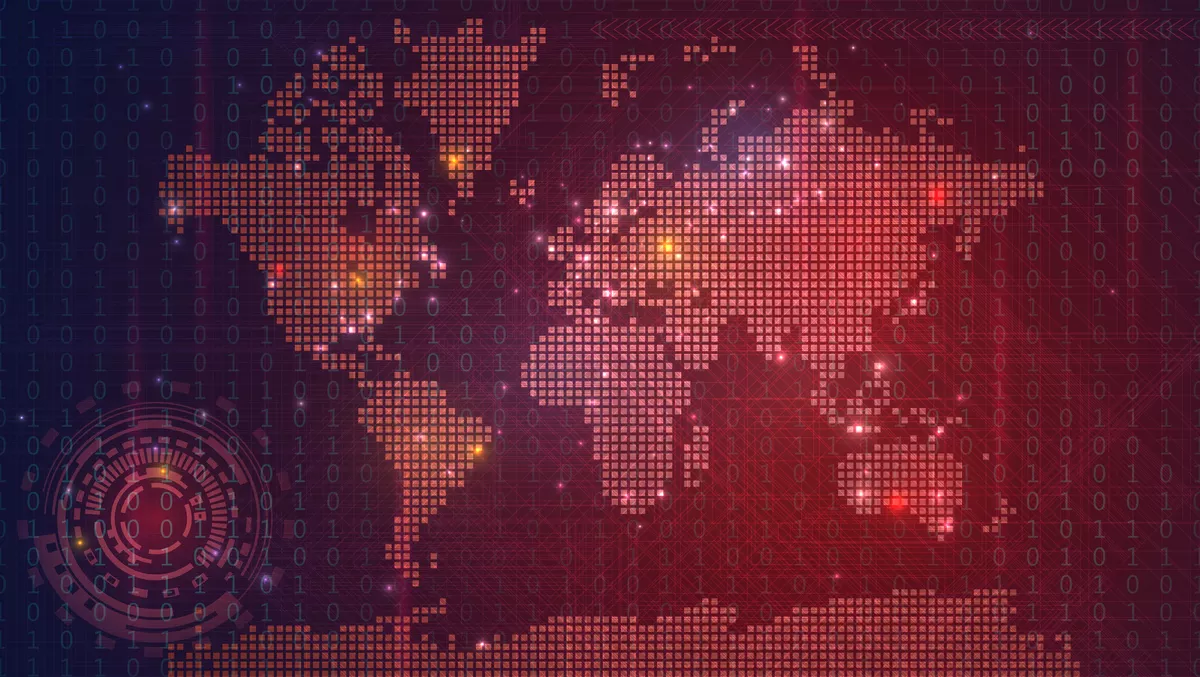
Cyberattacks on governments beyond Ukraine surge by 21% - Check Point
Check Point Research (CPR) has provided updates on cyberattack trends observed during the Russia-Ukraine conflict.
The company says that in the first three days of combat, cyberattacks on Ukraine's government and military sectors increased by 196%. Since then, cyberattacks on Ukraine's government and military sectors have decreased, dropping 50% in the last seven days.
CPR suspects that hackers have shifted towards taking advantage of other governments focused on the conflict. However, cyberattacks on all industries, not just the government and military sectors, in Ukraine and Russia have increased to the highest point since the beginning of the conflict and 2022.
In Ukraine, CPR reported a 20% increase in cyberattacks on all industries since the beginning of the conflict. While in Russia, the research company found a 1% increase in cyberattacks on all industries.
CPR has provided data on cyberattacks observed per region, which include APAC (+11%), Europe (+14%), North America (+17%), Latin America (+17%) and Africa (-2%).
The last seven days have shown the highest number of overall cyberattacks since the start of the conflict and from the beginning of the year.
The average weekly attacks per organisation last week was 1466, 20% higher than before the beginning of the conflict and 13% higher than the first two weeks. This is while the number of active networks in the country has dropped by a significant 27%.
In Russia, the average weekly attacks per organisation last week stood at 1274, with a 1% increase from before the beginning of the conflict and 4% higher than the first two weeks of the conflict. Globally the average weekly attacks per organisation last week was 1266, 14% higher than before the beginning of the conflict and 15% higher than the first two weeks of the conflict.
Cyberattacks by region:
APAC: The average weekly attacks per organisation last week was 1718, 11% higher than before the beginning of the conflict and 13% higher than the first two weeks of the conflict.
Europe: The average weekly attacks per organisation last week was 1068, 14% higher than before the beginning of the conflict and 15% higher than the first two weeks of the conflict.
North America: The average weekly attacks per organisation last week was 991, 17% higher than before the beginning of the conflict and 15% higher than the first two weeks of the conflict.
Latin America: The average weekly attacks per organisation last week was 1837, 17% higher than before the beginning of the conflict and 20% higher than the first two weeks of the conflict.
Africa: The average weekly attacks per organisation last week was 1987, 2% lower than before the beginning of the conflict and 1% lower than the first two weeks of the conflict.
Spotlight on the government and military sectors
When focusing on the government and military sectors, where CPR saw a significant increase in attacks within Ukraine in the first few days of the conflict, the past week displayed lower numbers in Ukraine than the first two weeks (59% less). But it says there has been a significant increase of cyberattacks on government and military sectors globally across all regions, with an average increase of 21%, compared to before the beginning of the conflict, and 19% higher than the first two weeks of the conflict.
"It appears that hackers had a large focus on the conflict, and after two weeks, they've understood what they can and cannot do," says Check Point Software data group manager, Omer Dembinksy.
"In other words, hackers have resumed to 'normal business'. We also see a focused effort on attacking government and military targets, possibly part of the war's diplomatic impact, and taking advantage of higher interests, which allows pulling off phishing attacks. We will continue to monitor cyberattacks in Russia, Ukraine and beyond in the time ahead."


